 Practice Test
Training
Regulations
Security FAQs
Member Support
Sign In
Join
Practice Test
Training
Regulations
Security FAQs
Member Support
Sign In
Join
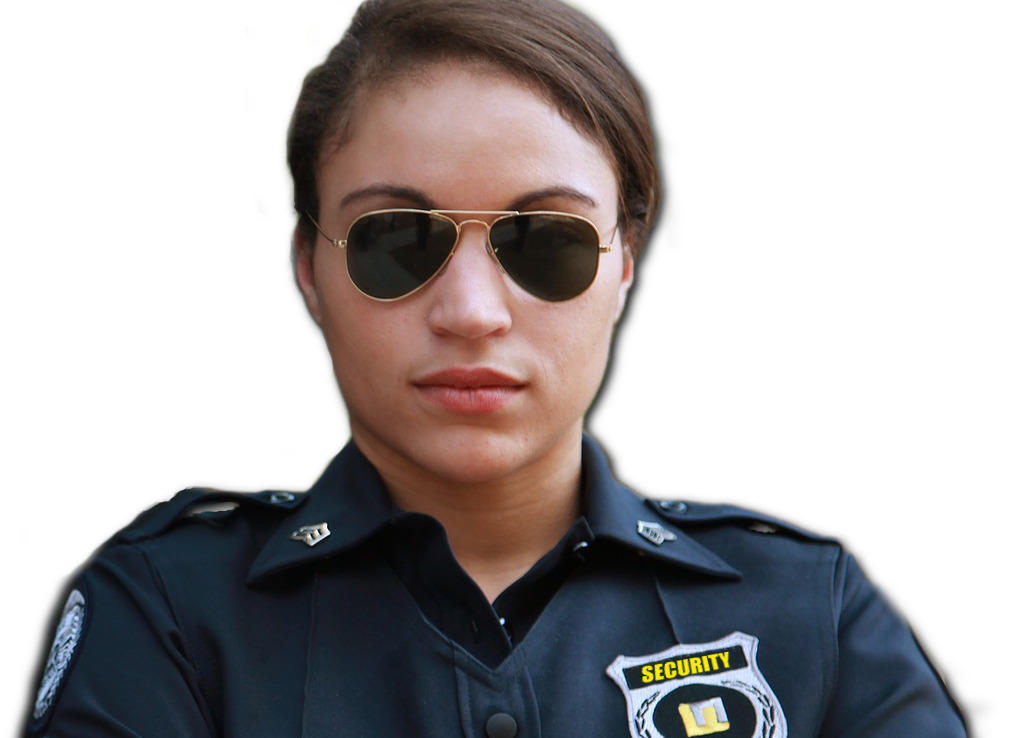
Warning! There is a bit of misinformation about Kansas security guard licensing on the Web. Many sites on the Web refer potential security licensees to the Kansas Attorney General's office. While the Attorney General does regulate both private detectives and firearms instructors there is no evidence to suggest either the Attorney General, the articles in section 16 of the Kansas Administrative Regulations or with minimal exception Kansas Statutes regulate security officers despite what you may read on other websites.
The Kansas private security regulatory system is accomplished and enforced by local Kansas city governments. The rules governing the licensing and regulation of the Kansas security officer may be found in local municipal codes. (See this example from the City of Lawrence - Scroll down to Article 2). A list of links to the security licensing and regulation ordinances in some of the biggest cities in Kansas can be found at the end of this article.
Certain persons may be exempt from licensing. In Kansas City, those who work security in-house on behalf of or for a single employer are not required to register. Kansas City also exempts law enforcement officials from licensure.
Certain generic requirements will apply. Applicants should expect guidelines to require they be at least 18 years of age for unarmed work and 21 years old for armed jobs. They should not have been convicted of a felony or an offense involving moral turpitude.
These links should take you directly to the security ordinance for the listed city.
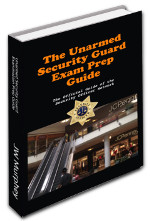
SecurityOfficerHQ.com is the exclusive provider of this free 57 page PDF guide. It features just about everything you need to know before taking the exam and includes The Professional Security Officer eCourse. You may get your copy for free right now only at SecurityOfficerHQ.com! Submit your name and email to receive your copy via email or click here to learn more about this guide.
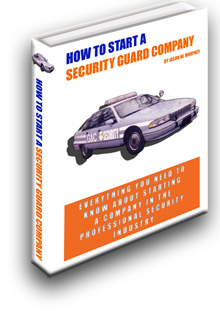
SecurityOfficerHQ.com is the exclusive provider of this free 140 page PDF ebook. Less-comprehensive versions sell for $24, but, for the time being, you may get your copy for free right now only at SecurityOfficerHQ.com! Submit your name and email to receive your copy via email or click here to learn more about the book.
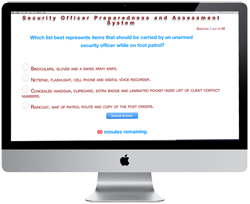
The forty question, free practice exam will test your unarmed security knowledge. It's the perfect test prep for those who must sit an exam before getting licensing.
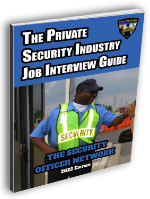
This free job interview guide is the security officer's must-have resource. Get yours here.
© 2012 - 2025 The Security Officer Network
A Product of the 1918 Media Limited Liability Company
Addr: Thirty North Gould Street 2288
Sheridan, Wyoming 82801
Phone: (307) 461-6079
Red Hirundo Rustica Custom CMS and Testing Engine
Disclosures | Privacy | 307.461.6079